Resources used for learning and school can now be easily accessed on the internet, making it a must for students to have access to computers. However, students nowadays prefer laptops over desktops because of its portability. So, in finding the best laptops for school, what are the great choices?
In choosing your laptop, you should be aware of your taste and needs. How wide should the screen be?What kinds of connectivity and compatibility features do you need? Is it necessary to have the latest processor? How about the battery life?
Laptops For School Reviews
Dell XPS 13
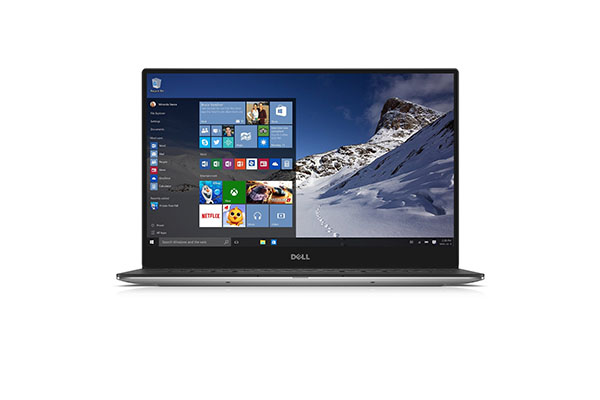
Dell XPS 13 has a long-lasting battery to run powerful processing features from its 7th generation Intel processor. It also has 13-inch high resolution display. Lastly, it has a decent 4GB RAM to sustain any multi-tasking for school assignments.
>>>> Click Here To See Customer Reviews & Current Price <<<<
Asus Zenbook UX305
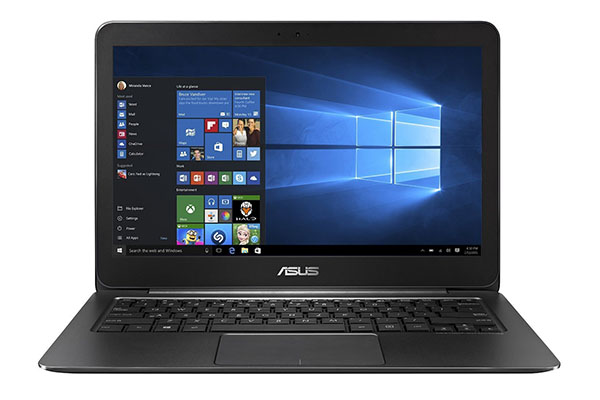
Asus Zenbook UX305 has an Intel Core m3 processor with 8GB of RAM and an integrated Intel HD GPU. It has simple features, but it gives solid basic performance. Thus, it is a good laptop for any school work.
>>>> Click Here To See Customer Reviews & Current Price <<<<
Microsoft Surface Pro 4

Microsoft Surface Pro 4 runs an Intel Skylake processor with a Windows 10 OS. It has high resolution display and an improved type cover for better typing efficiency. It also has a thinner structure for better portability.
>>>> Click Here To See Customer Reviews & Current Price <<<<
Samsung Notebook 7 Spin
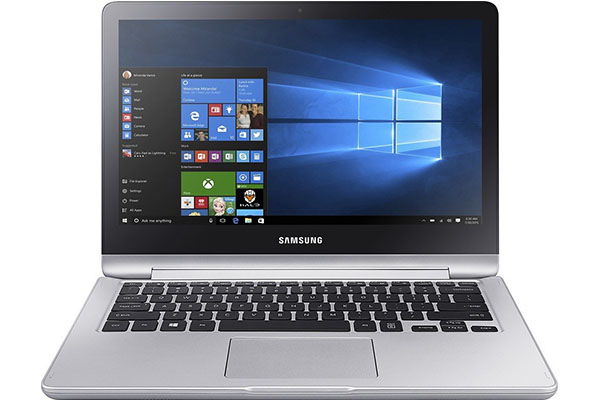
Samsung Notebook 7 Spin is an HDR-enabled, 2-in-1 laptop with Full HD touchscreen. It stands out with a 1080p display, and it has a reliable performance. However, it has an outdated hard drive and a low resolution camera.
>>>> Click Here To See Customer Reviews & Current Price <<<<
Asus ZenBook Flip UX360

Asus ZenBook Flip UX360 runs a 6th generation Intel Celeron processor and the Intel HD Graphics 515. Its battery lasts for the entire day, and its processor can accommodate basic school tasks. It also has spacious keyboard and track pad.
>>>> Click Here To See Customer Reviews & Current Price <<<<
HP Chromebook 14
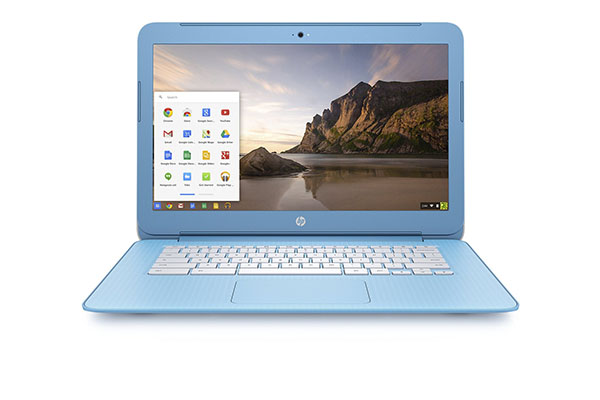
HP Chromebook 14 has an outstanding keyboard, which is ideal for writing school requirements. It is low cost and easy to use. It may perform basic function well, but it has no outstanding features.
>>>> Click Here To See Customer Reviews & Current Price <<<<
Apple MacBook Pro
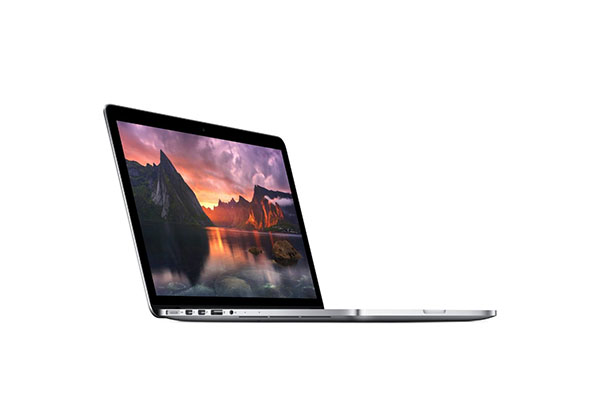
Apple MacBook Pro offers a larger track pad despite its thinner structure. It has a powerful battery to support its i5 processor. It also contains pre-installed exclusive applications, which every student will love, for free.
>>>> Click Here To See Customer Reviews & Current Price <<<<
Lenovo IdeaPad Y700
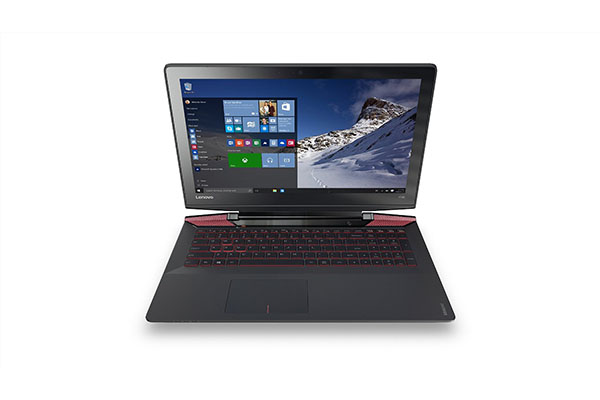
Lenovo IdeaPad Y700 has a 6th generation core i5 processor with 8GB of RAM. It has 500HDD with an additional 512 SSD. It cannot run high-end games well, but can perform basic school work and mult-tasking with ease.
>>>> Click Here To See Customer Reviews & Current Price <<<<
Acer Chromebook 15
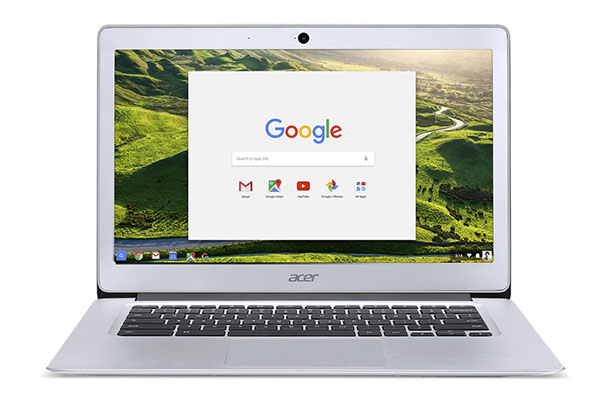
Acer Chromebook 15 has an Intel HD Graphics-supported, 15.6-inch screen. It has a 5th generation Intel Celeron for a processor and 4GB of RAM. It performs basic browsing functions, which is perfect for basic school research.
>>>> Click Here To See Customer Reviews & Current Price <<<<
MacBook Air
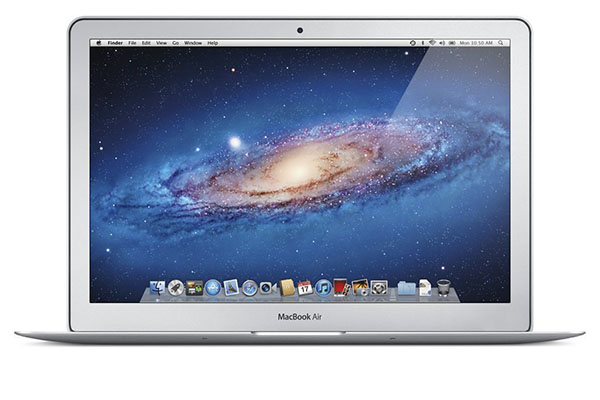
MacBook Air has a Broadwell graphics processor along with a 5th generation Intel Core i5 system processor. Its Chiclet-type keyboard promotes better typing, and it has a 12 hour battery life. It is a good basic and inexpensive laptop.
>>>> Click Here To See Customer Reviews & Current Price <<<<
Types of Laptop for School
Portable and Ultraportable – A portable laptop is perfect for traveling and has enough power to run basic programs. It has compact screen and weighs less than other types of laptops.
Standard – A standard laptop has 14 to 15 inches screen and is a bit heavier than portable laptops. It suits the needs of users who need a better range of processors.
Standard laptops are also called general purpose laptops. These types ensure that the users can manage their tasks using its basic functions or even advanced programs.
Gamer – A gamer laptop is ideal for those who want graphic-intense games and powerful programs. It usually weighs more than the other laptops but has powerful processor.
Economical – An economical laptop is budget-friendly, making it ideal for students. It is more than enough to operate basic programs and functions that a student needs for school.
Convertible – A convertible laptop works as either a laptop or a tablet. Its functions are the same with other types of laptops and usually has long battery life.
How to Select a Laptop for School
Size – A student needs a laptop that he can carry around the school so a screen size of 11 to 14 inches will do. It must weigh less too.
Storage – A laptop needs enough storage for applications and files needed by a student. A larger storage is better to keep important files and so is having an external hard drive.
Processor – When choosing a laptop for school, it is important to prioritize the processor more than the graphics card. The processor is responsible for performing various games and applications.
RAM – Heavy applications need a large capacity of RAM to perform multitasking process. An 8 GB RAM will be fine for a laptop to be used in school.
Connectivity – It is important to consider the connecting devices when purchasing a new laptop. A good laptop must have HDMI port, USB ports, Wi-Fi and LAN.
Battery – A laptop that can last for at least 6 hours is suitable for outdoor tasks. Since most students are outside their homes and far from electricity power, it is better to choose a laptop with longer battery life.
Frequently Asked Questions
The following questions were asked by many people regarding the use of their laptops. Knowing these questions and their answers can help those who are new to buying a new laptop for school.
Should I consider a graphics card? Graphics card is useful if you plan to play heavy PC games. A basic laptop doesn’t necessarily need a graphics card provided it has basic programs.
What kind of Wi-Fi do I need? All laptops nowadays include Wi-Fi and are compatible with any Wi-Fi router. However, look for the Wi-Fi specification that is 802.11ac.
What kind of USB ports do I need? Most laptops have at least 2 USB 3.0 ports or USB 2.0 ports. USB 3.0 version is faster than 2.0 version, but only if compatible with USB 3.0 devices.
Do I need an optical drive? Most laptops do not require optical drives. Many people still choose to have DVD, CD or Blu-ray as a media or storage.
What Operating System should I choose? Any operating system will do as long as the school permits it. It’s because there are schools that require students to have a specific operating system for their school works.
How to Maintain your Laptop
To avoid overheating, it is essential to remove dust and debris buildup around the interior fans of a laptop. The cooling system must be cleaned every three months to keep it functioning properly.
Disc clean-up is required to maintain the laptop’s performance. Freeing junk files on the system’s hard drive and avoiding malicious software programs will guarantee optimum performance.
It is important for a laptop to have an anti-virus security software, which you can purchase online. Anti-virus software can be set up for an automated maintenance schedule too.
Switching off Wi-Fi and dimming the screen can help extend the laptop’s battery life. Check the manufacturer’s guidelines when taking care of the battery.
For removable battery, it can be taken out to clean the metal parts on the side at least thrice a year. A dry cloth can be used for cleaning so the energy transfer to the laptop will be efficient.
It is ideal to keep the laptop in room temperature. It should not be left in an area where it will be exposed to extreme temperatures.